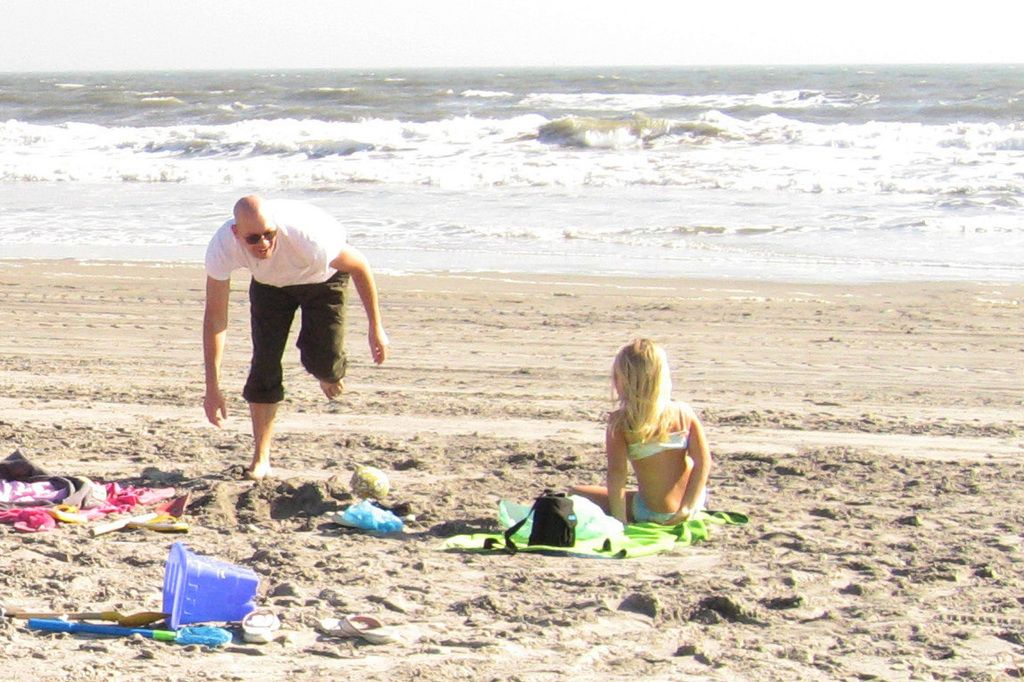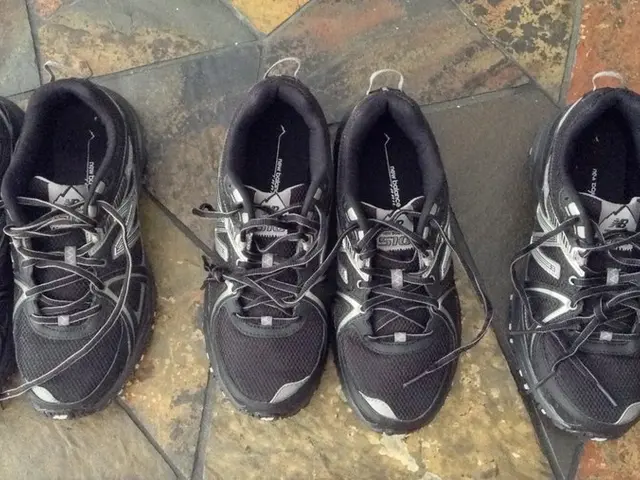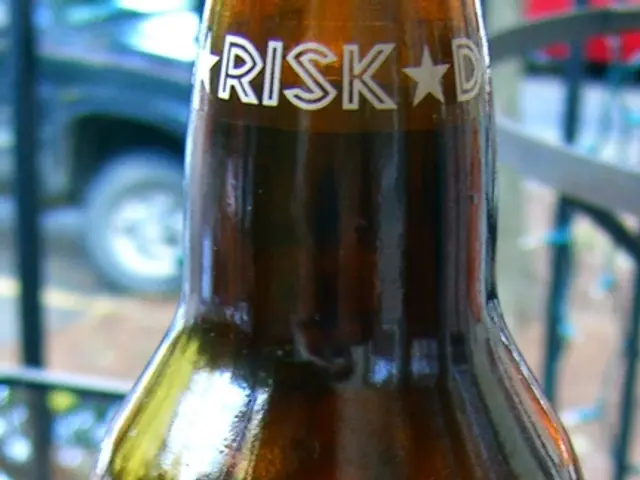MRSA spread: Methods, preventative measures, and additional info
Dealing with MRSA Colonization
Having Methicillin-resistant Staphylococcus aureus (MRSA) bacteria on your body doesn't necessarily mean you're sick. This condition, known as MRSA colonization, means the bacteria are hanging out but not causing any symptoms. However, healthcare professionals might worry about it, given that people who carry MRSA can unknowingly pass it on and cause an infection, especially in healthcare settings.
This pesky bacteria loves to chill out in moist areas, such as the:
- nostrils
- throat
- groin
- armpits
- skin folds
- perineal area
While MRSA colonization doesn't make you feel yucky, it can be a concern for medical professionals. That's because MRSA is a crafty strain of Staphylococcus aureus that's resistant to many common antibiotics, such as methicillin, penicillin, amoxicillin, and oxacillin. This makes it harder to treat and potentially more dangerous, especially for people with weakened immune systems.
MRSA can hitch a ride on you by:
- getting close with people who have an MRSA infection or colonization
- sharing dirty equipment or supplies
- contaminating surfaces in your living space
Colonization can sometimes cause an infection, particularly if your immune system takes a dive or you develop an open wound. To avoid this, follow these hygiene tips:
- Wash your hands and hop in the shower regularly with a strong antiseptic soap
- Keep your wounds clean and covered
- Avoid sharing towels, razors, clothes, and bedding
- Wash clothes, sheets, and towels in hot water and crank up the dryer to high heat
- Sanitize surfaces regularly
In healthcare settings, medical professionals might screen individuals for MRSA bacteria, especially those about to undergo surgery. If they find colonization, they might prescribe a nasal cream or spray, body wash, and shampoo to lower the bacteria count. This treatment usually lasts around 5 to 10 days.
Be on the lookout for signs of skin infection, especially at sites with cuts or scrapes. Watch for:
- Pain
- Redness
- Pus
- Swelling
- Warm-feeling areas
By sticking to good hygiene habits at home and in medical settings, you can help decrease your chances of MRSA colonization and infection.
More on MRSA
- Will MRSA go away on its own? Sometimes, but it's not guaranteed and can depend on various factors like your hygiene practices, health status, and environment.
- Does chlorine kill MRSA? Yep, chlorine can help, but it might not be enough on its own, so stick to regular cleanings and hygiene practices.
- Will I always carry MRSA bacteria? Depends on the situation. Some people clear the bacteria naturally, but others may need additional measures like antibiotic treatment or decolonization regimens.
- MRSA, being a superbug, can lingering on the body without causing any symptoms, a condition known as MRSA colonization.
- While MRSA colonization doesn't lead to any chronic diseases or cancer, it can be infectious and potentially dangerous, especially in medical-conditions such as respiratory-conditions, skin-conditions, or cardiovascular-health issues.
- Despiteness MRSA being a crafty bacteria resistant to many common antibiotics, therapies-and-treatments like nasal creams, sprays, body washes, and shampoos are available to reduce the bacterial count.
- A significant part of preventing MRSA infection involves maintaining nutritional health, as a balanced diet can bolster the immune system and help the body fight off any potential threats.
- In the realm of mental-health, it's essential to remember that stress can weaken the immune system, making it more vulnerable to MRSA and other infectious agents.
- Regular cleanings, the use of antiseptic products, and sanitizing surfaces become crucial in both everyday health-and-wellness habits and in healthcare environments to decrease MRSA colonization.
- While MRSA can sometimes go away on its own, it's important to maintain good hygiene practices and be aware of the signs of infection, such as pain, redness, pus, swelling, and warm-feeling areas, to avoid complications.








